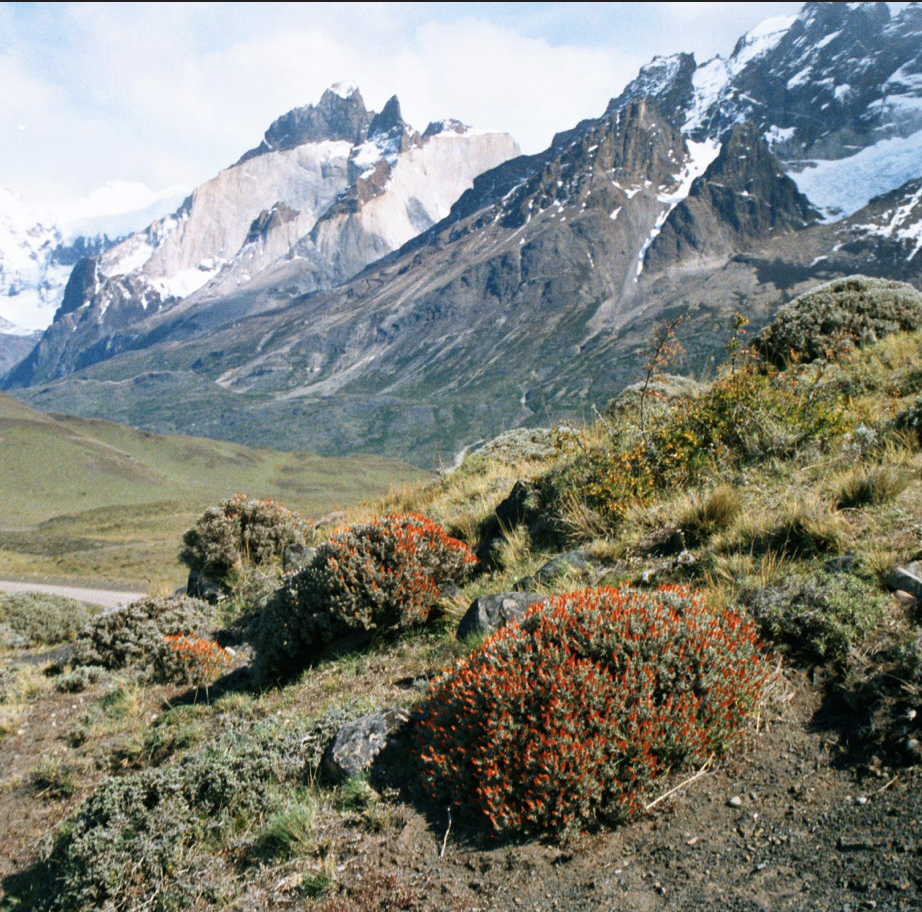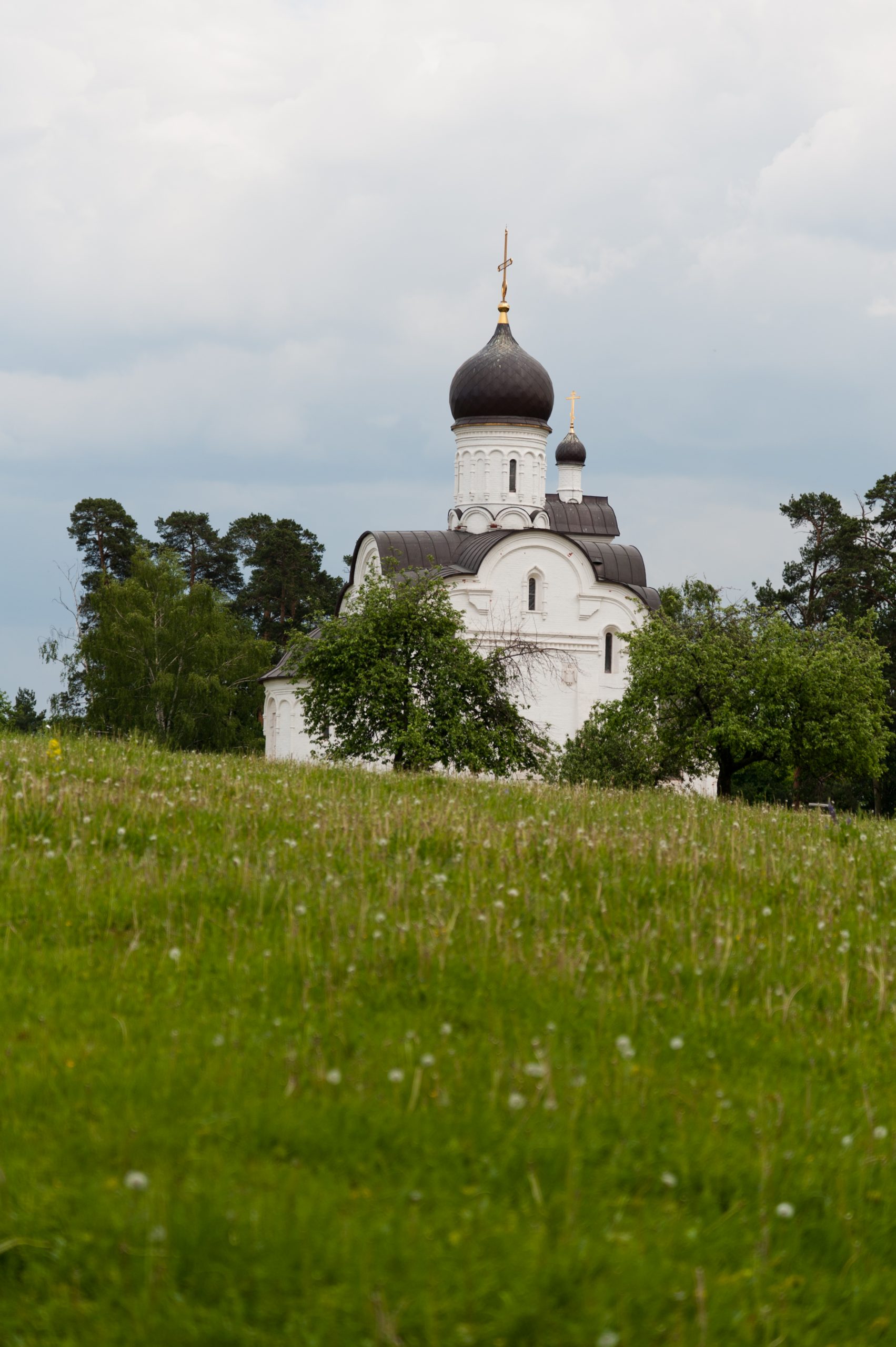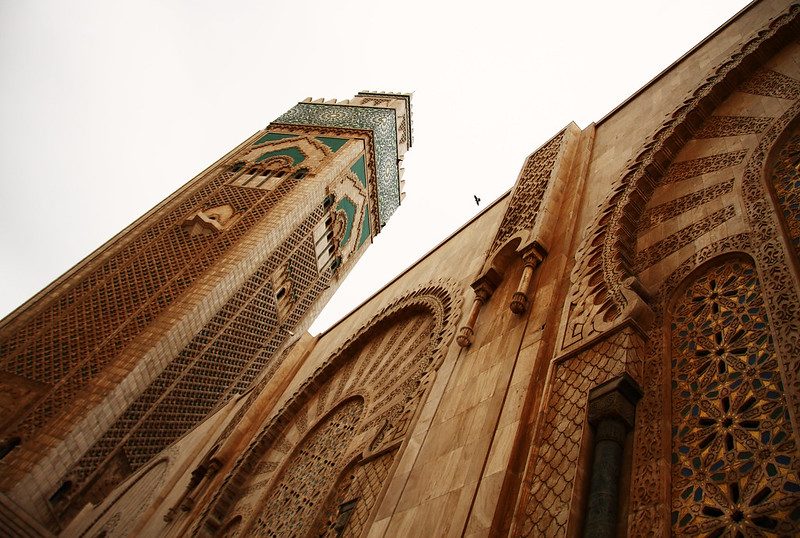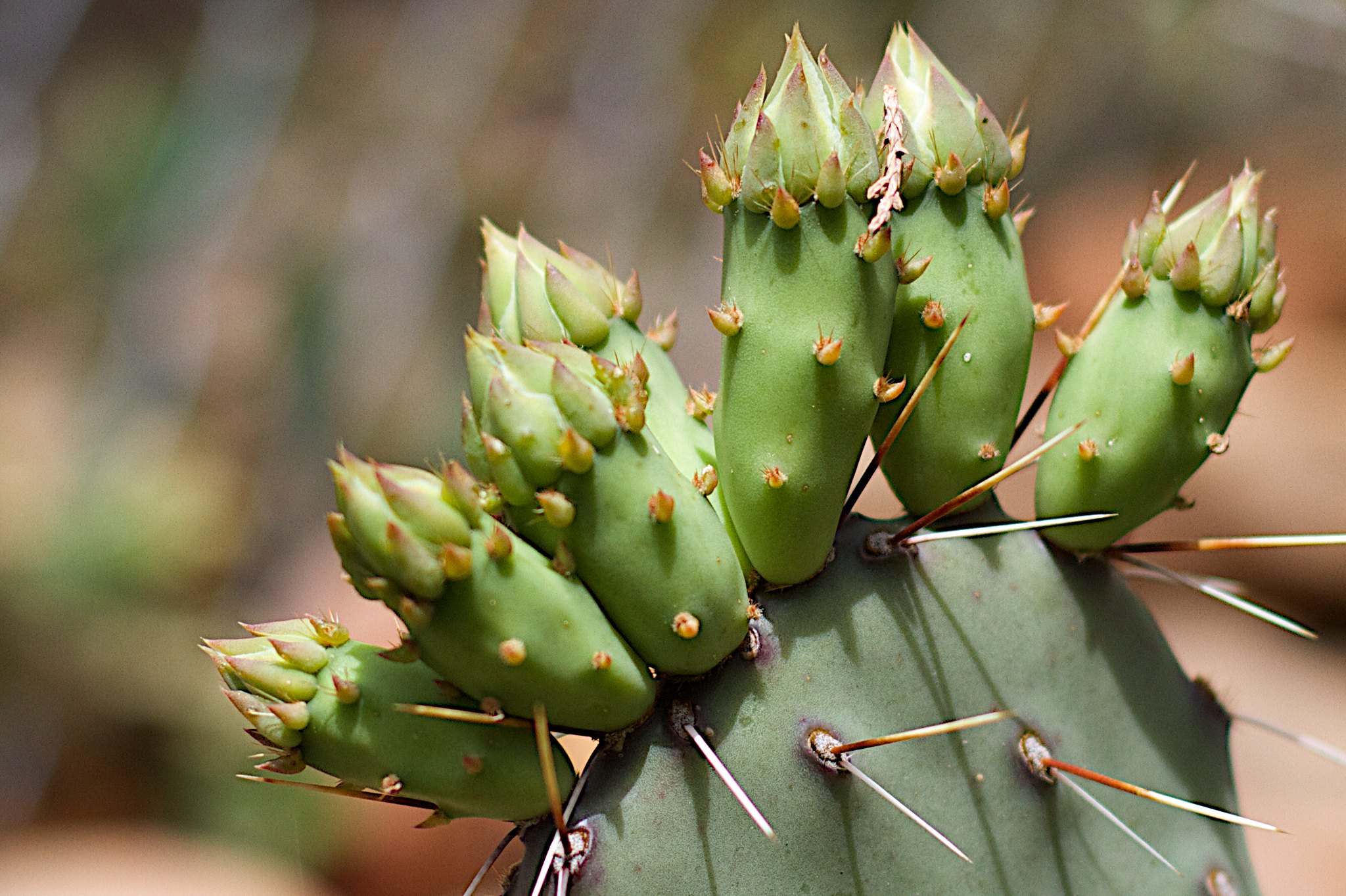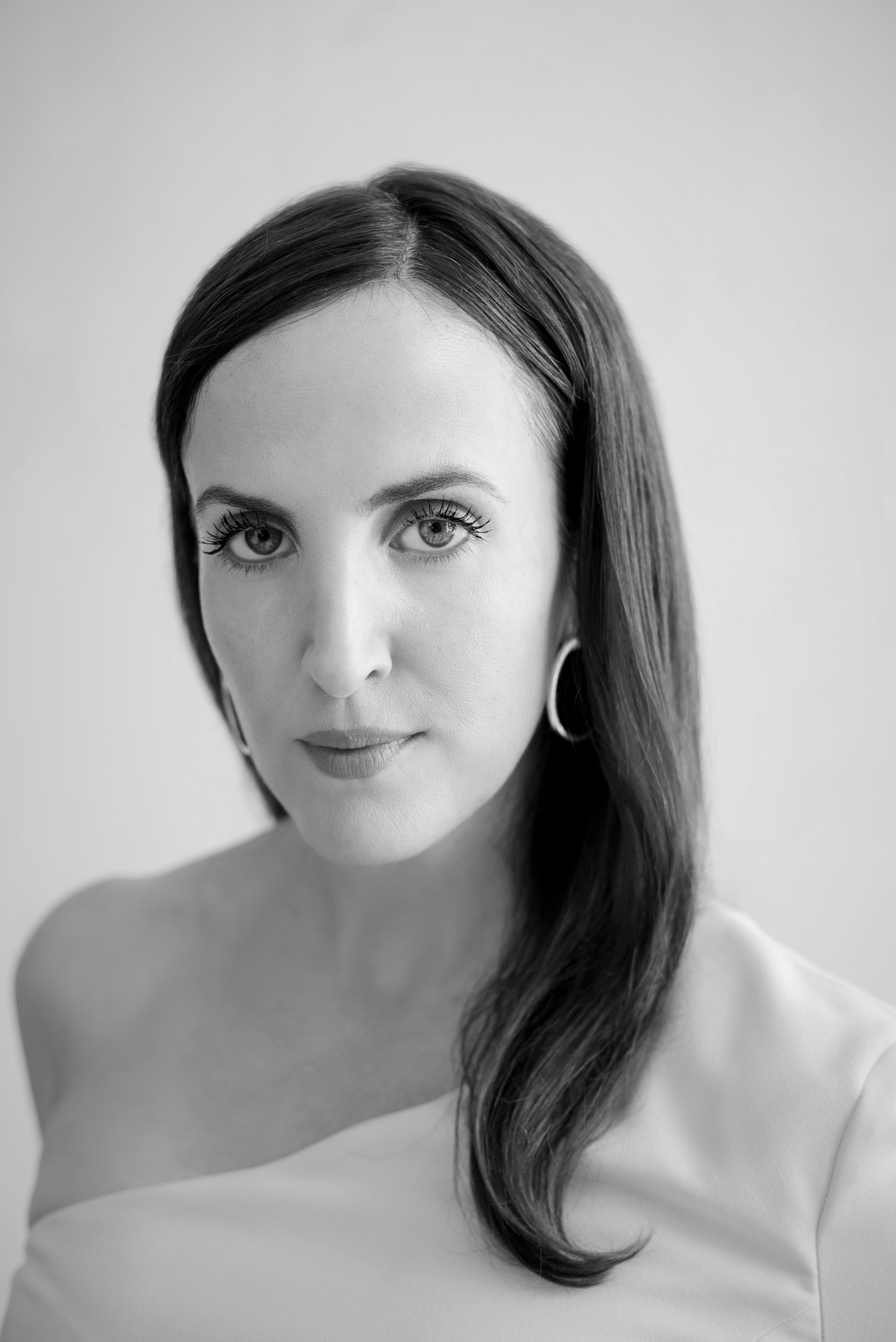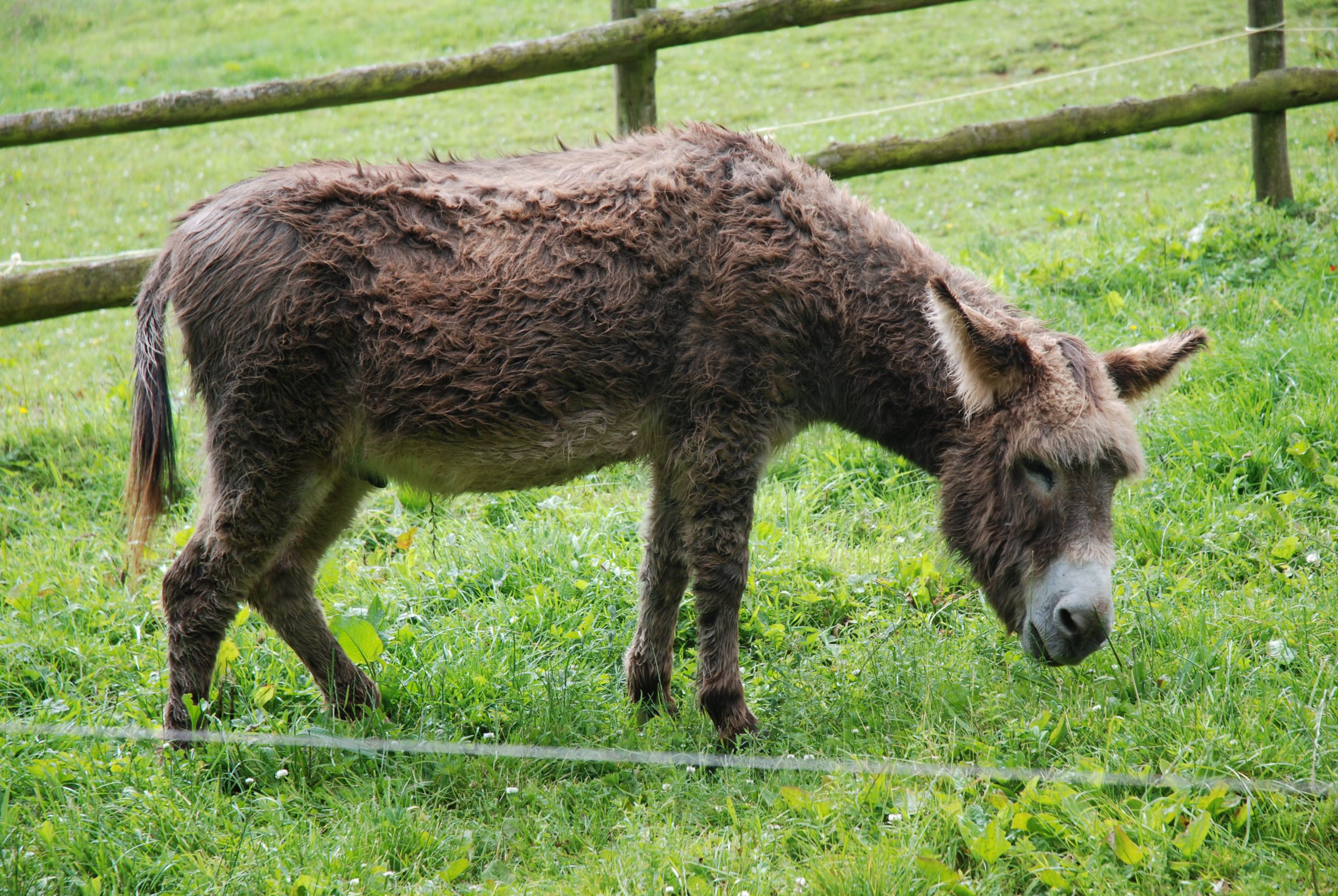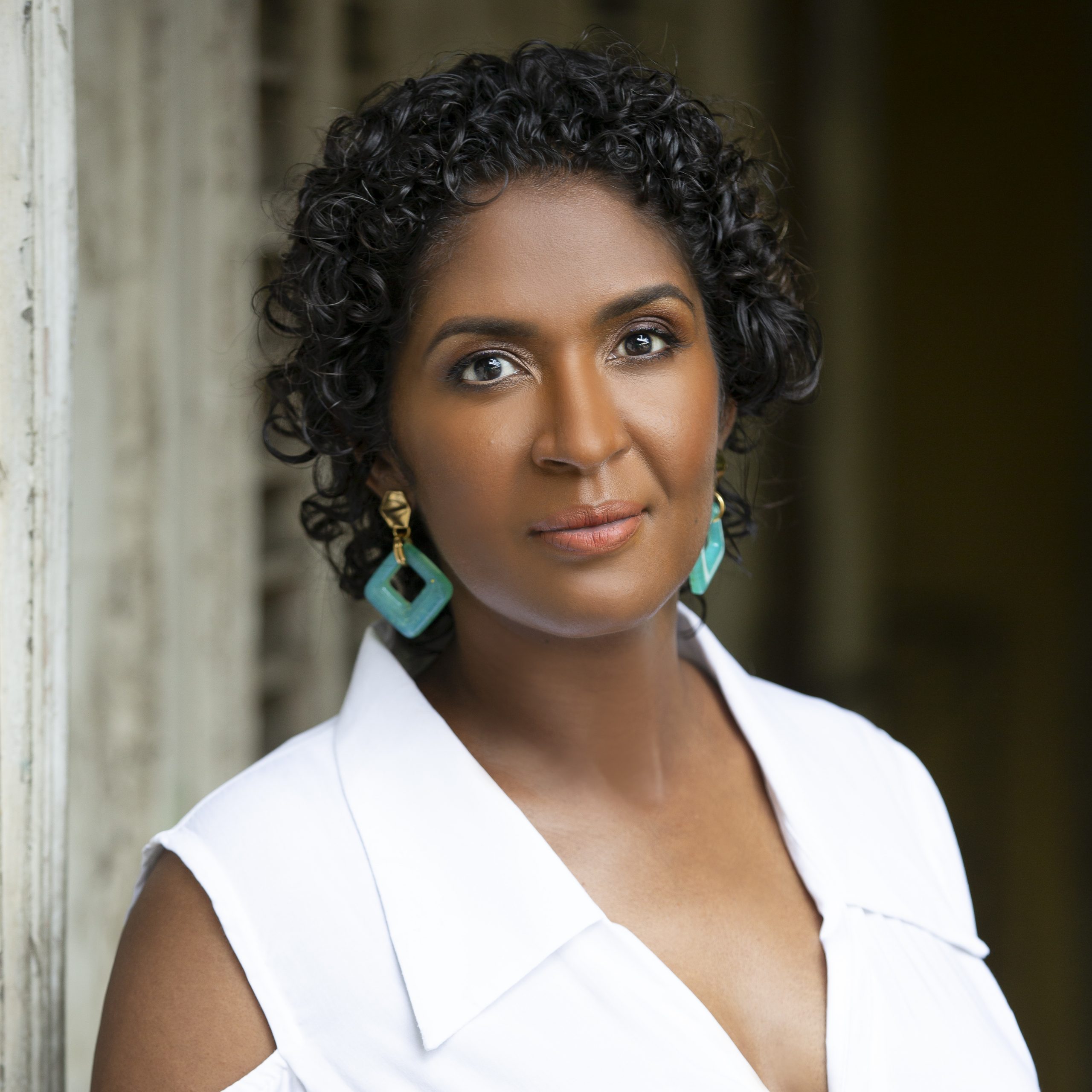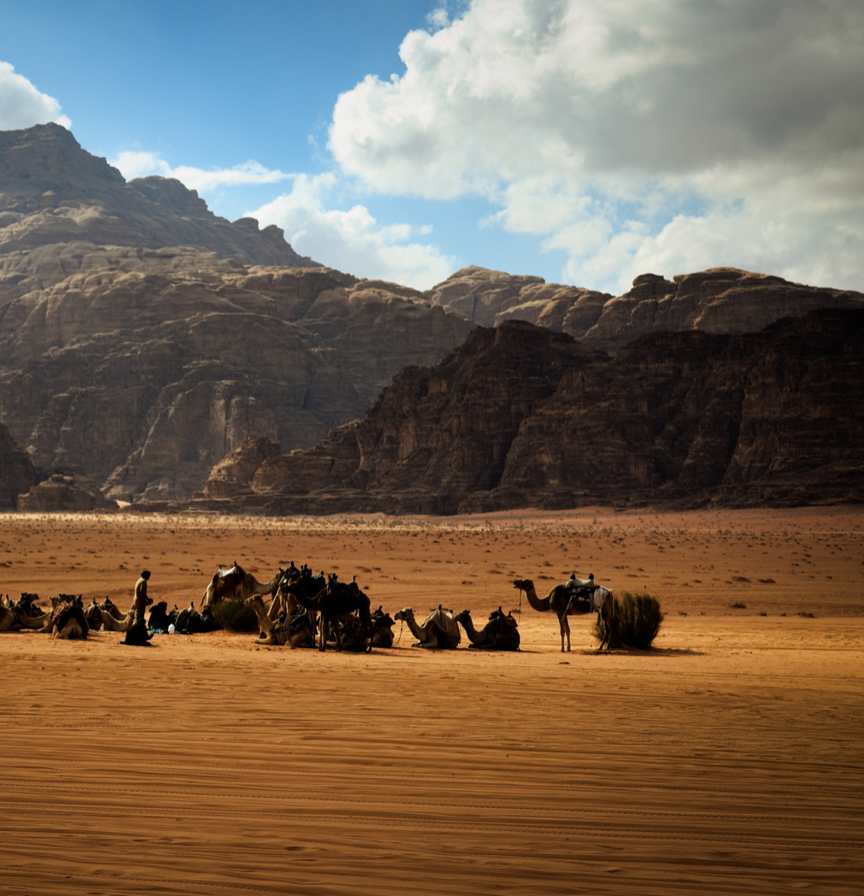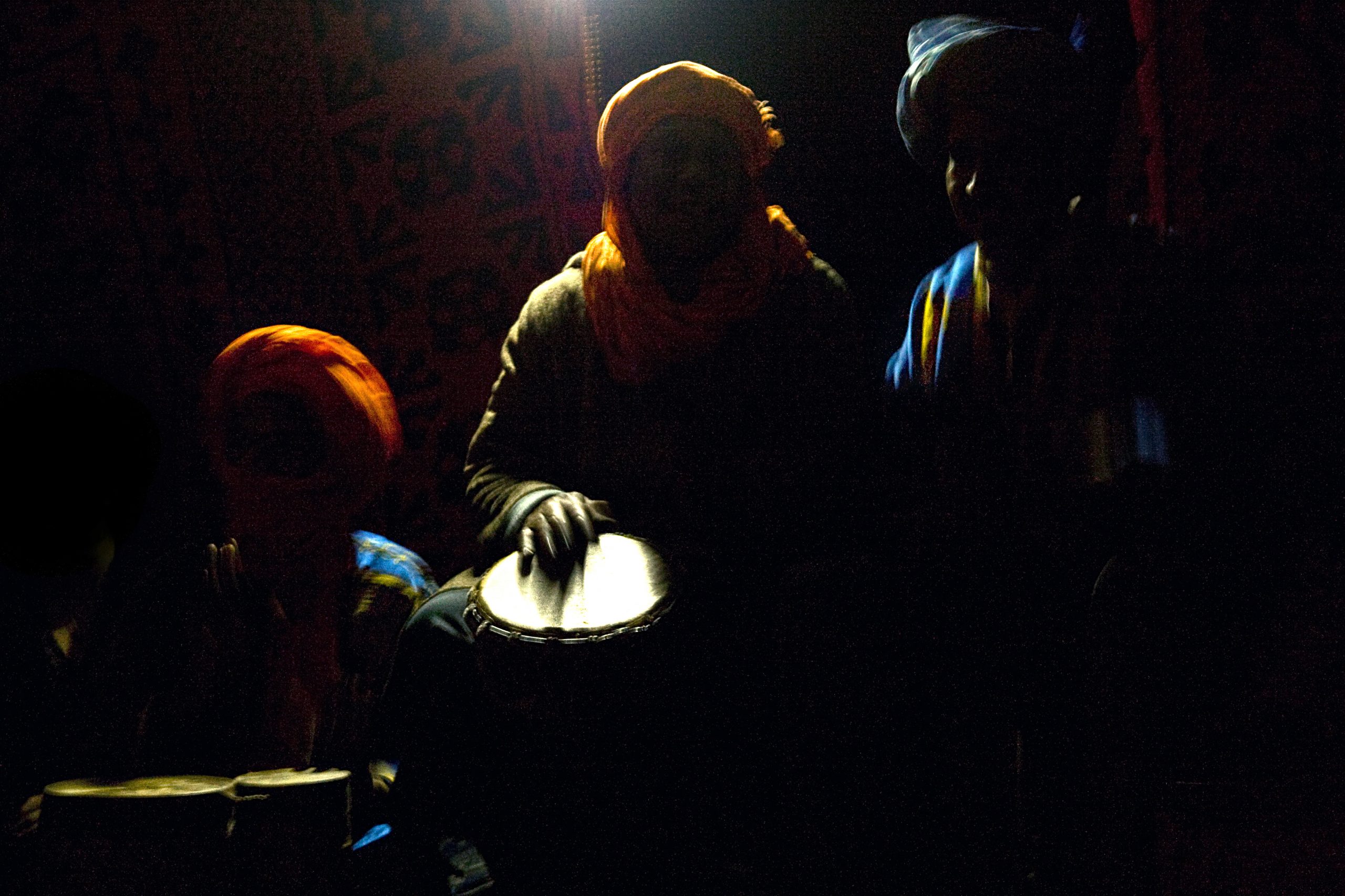By LATIFA LABSIR
Translated by ALICE GUTHRIE
Prickly pear cacti are always squat and spindly bushes—that much I know. The exception to this rule, however, is the prickly pear grove found in my grandfather’s village. It’s lofty. It towers into the sky, its foliage so dense it always struck me as foretelling of a secret that was to be hidden away for good in its myriad crevices and shadows. And what intensified this feeling in me, and brought me to the conclusion that cacti are far from innocent, was the sight of our beautiful, fair-skinned friend Heaven running to the prickly pear one day and trying to hide among its limbs and behind its broad, swollen leaves. She looked like the heroine of a fairy tale fleeing a terrifying kingdom.
Little beads of sweat were pouring off her forehead, her cheeks were even rosier than usual, and when she almost slammed into me on her way past, a shivery thrill went through my body, a strange jolt of energy. Heaven did not seem to be the same sex as me, even though I knew her well and I had seen her bathing in her birthday suit more than once; just like me, she had untamable, bouncing breasts. But deep down inside, Heaven was fundamentally different from me, as—in utter contrast to most girls in the village—she existed in a constant state of awe. She lived among us, but her almond-shaped eyes seemed to be seeing another world, about which we knew nothing at all. And what was stranger still was the color of those eyes of hers: they beamed out a brilliant sky blue that made her the talk of the entire village. Despite everything that was said about her and her eyes in the village back then, I didn’t understand anything about that awe they shone with until I grew up. As an adult I finally came to understand, with the benefit of hindsight, what the grown-ups had been hinting at about the djinns that had taken up residence in Heaven and imprisoned her in an invisible box called Desire.
